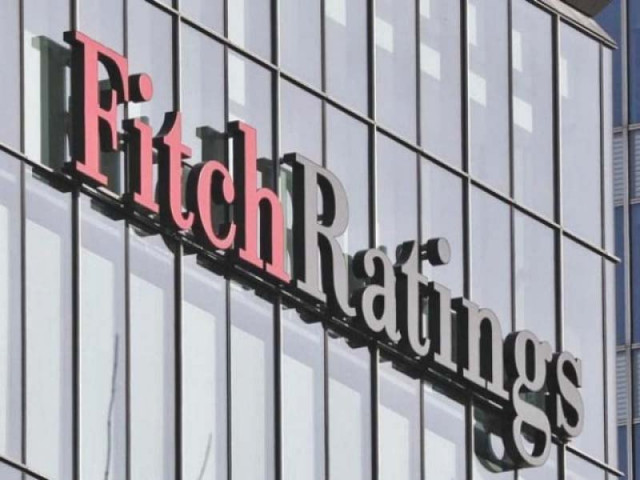Fitch expects further delay in IMF bailout for Pakistan
Rating agency does not foresee any imminent balance of payments crisis

The rating agency found that falling international petroleum oil prices were a blessing for Pakistan’s economy, which largely depended on imported oil. PHOTO: REUTERS
It believes that the loan programme, which is expected by mid-January, can be delayed till the end of March.
The rating agency was, however, confident that the delay was a temporary phenomenon and Pakistan would successfully achieve the bailout worth $8 billion during January-March 2019. Besides, it did not see any imminent balance of payments crisis.
Devalued rupee, hiked power, gas tariff even before IMF’s conditions: Asad Umar
“Pakistan is unlikely to receive $8-billion bailout package by the next IMF board meeting scheduled for January 15 as the lender wants the government to adopt stricter measures to address the country’s economic imbalances before sending the case to its Executive Board,” Fitch said. The first round of talks between the IMF and Pakistan, which ended on November 20, remained inconclusive after both sides failed to bridge the gulf on a wide range of issues such as the increase in electricity prices, hike in interest rate, rupee depreciation, tax collection target and circular debt in the energy chain, it said.
Finance Minister Asad Umar has alluded that the government could afford a two-month delay in negotiations as a $6-billion financial assistance secured from Saudi Arabia in October suggested that there was no imminent balance of payments crisis in the near term, it said.
Low oil price a blessing
The rating agency found that falling international petroleum oil prices were a blessing for Pakistan’s economy, which largely depended on imported oil.
With the collapse in oil prices seen in October and November, the Pakistani economy has been given a huge helping hand given that the country is a net oil importer.
“The combination of low oil prices and an eventual IMF bailout will help the economy regain some of its footing,” Fitch Solutions Macro Research said in a commentary on “Economic Analysis - Oil Price Collapse to Pakistan’s Rescue” published on Thursday.
Rupee to be at 148 by 2019-end
The rating agency further said the Pakistani currency would remain stable at around the current level of Rs140 to the US dollar in the short run but would drop to Rs148 by December 2019. “This (IMF bailout and low oil prices) should allow the Pakistani rupee to stabilise against the US dollar at around the current level of Rs140/USD in the near term. That said, we expect the rupee to remain under downside pressure over the course of 2019, informing our forecast for the currency to reach Rs148/USD by end-2019,” it said.
Inefficiencies in power sector cost Pakistan $18b
“We highlight that the collapse in oil prices, which started in October, will help to reduce its external deficit and downside pressure on the rupee.”
Earlier, Pakistan had devalued the rupee by a massive 32% in six rounds in the previous 12 months to Rs139 to the US dollar compared to Rs105.5 in December 2017.
Nevertheless, “we expect the rupee to weaken further against the dollar over the coming quarters as the IMF would typically require the central bank to build up its foreign reserve buffers. Higher inflation (which came in at 6.5% year-on-year in November) relative to the US would also necessitate a weaker currency for Pakistan’s exports to remain competitive.
Published in The Express Tribune, December 14th, 2018.
Like Business on Facebook, follow @TribuneBiz on Twitter to stay informed and join in the conversation.


















COMMENTS
Comments are moderated and generally will be posted if they are on-topic and not abusive.
For more information, please see our Comments FAQ